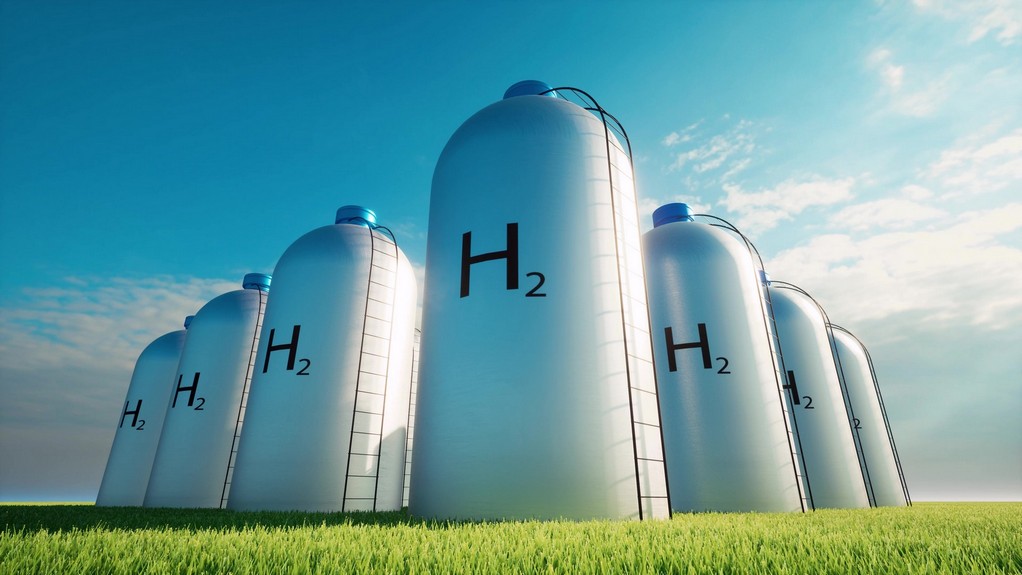Researchers at the University of Adelaide announced that they made clean hydrogen fuel from seawater without pre-treatment. Demand for hydrogen fuel, a clean energy source that only produces water when burned, is expected to increase in the coming years as the world continues to pivot away from fossil fuels. The findings could eventually provide cheaper green energy production to coastal areas.
The team says its results, using cobalt oxide with chromium oxide on its surface as the catalyst, had similar performance to a standard process of applying platinum and iridium catalysts to highly purified and deionized water.
Compared to freshwater, seawater is an abundant resource, and the ability to extract hydrogen fuel from seawater without pre-treatment could save money. However, even if successfully scaled, it would likely only be practical for coastal communities with plenty of seawater — not so much for Iowa or Kansas.
The team’s next step is to scale the system with a larger electrolyzer. Then, although it’s still early in development, the researchers hope to eventually apply the findings to commercial hydrogen production for fuel cells and ammonia synthesis.
Tags: Electrolyser, Hydrogen, Seawater, University of Adelaide



Recent Posts
Chartered Speed expands its electric mobility footprint in Arunachal Pradesh
PSA International joins Global Centre For Maritime Decarbonisation as a strategic partner
MPA and NYK Group Advance Collaborative Efforts on Maritime Autonomous Surface Ship Trials
BIMCO drafts new clause to support biofuel use in time charters
Global Maritime experts attended India@Nor-Shipping – Maritime Partnership for a shared & sustainable future
India-Norway Dialogue Anchors on Sustainable Maritime Development
Sea cruise ships can now connect to shore power in Amsterdam
Corvus Energy partners with HD Hyundai Mipo for AiP on new green product tanker design.